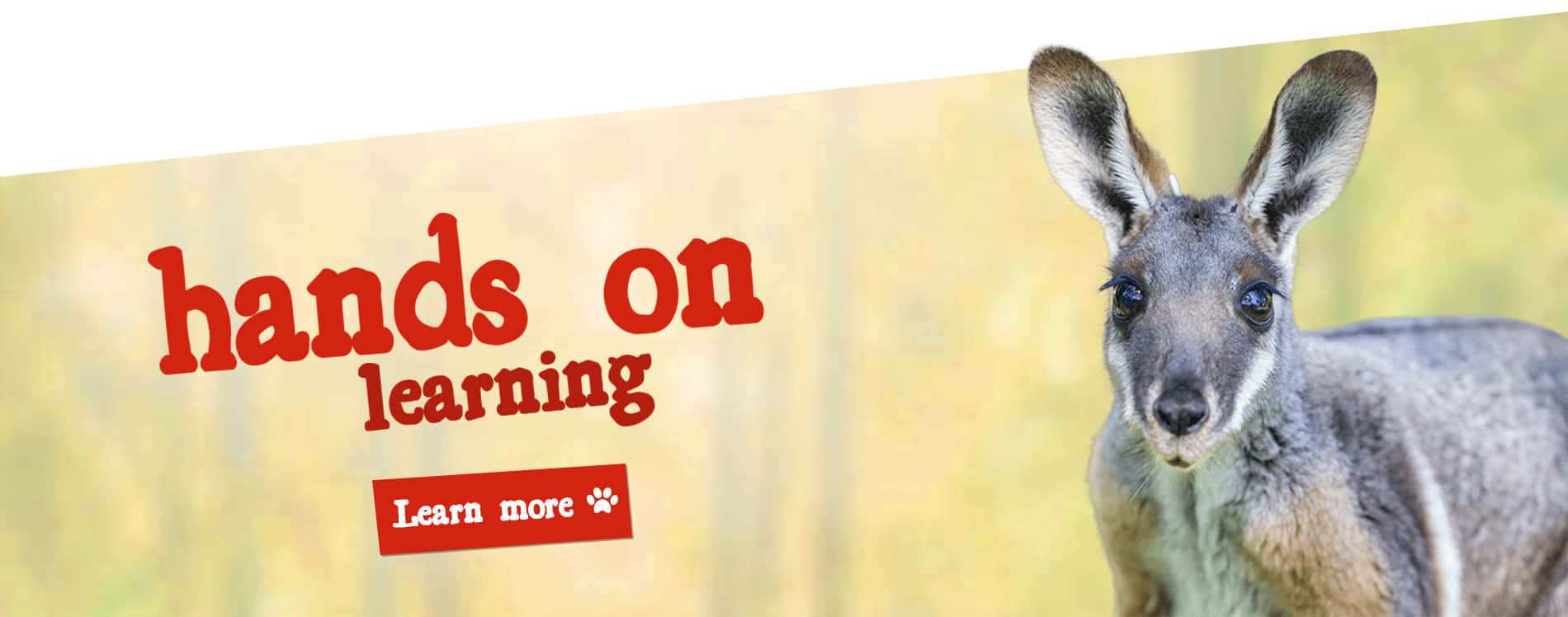Discover More

Animal Experiences
Get within a whisker with our exciting behind the scenes experiences. It’s a great way to meet your favourite animal friends!
Find out more
Venues and Functions
Think outside the box and thrill your guests with an unforgettable experience at the zoo.
Find out more
Life Membership
Share of lifetime of memorable moments with unlimited visits to Adelaide Zoo and Monarto Safari Park.
Find out more





